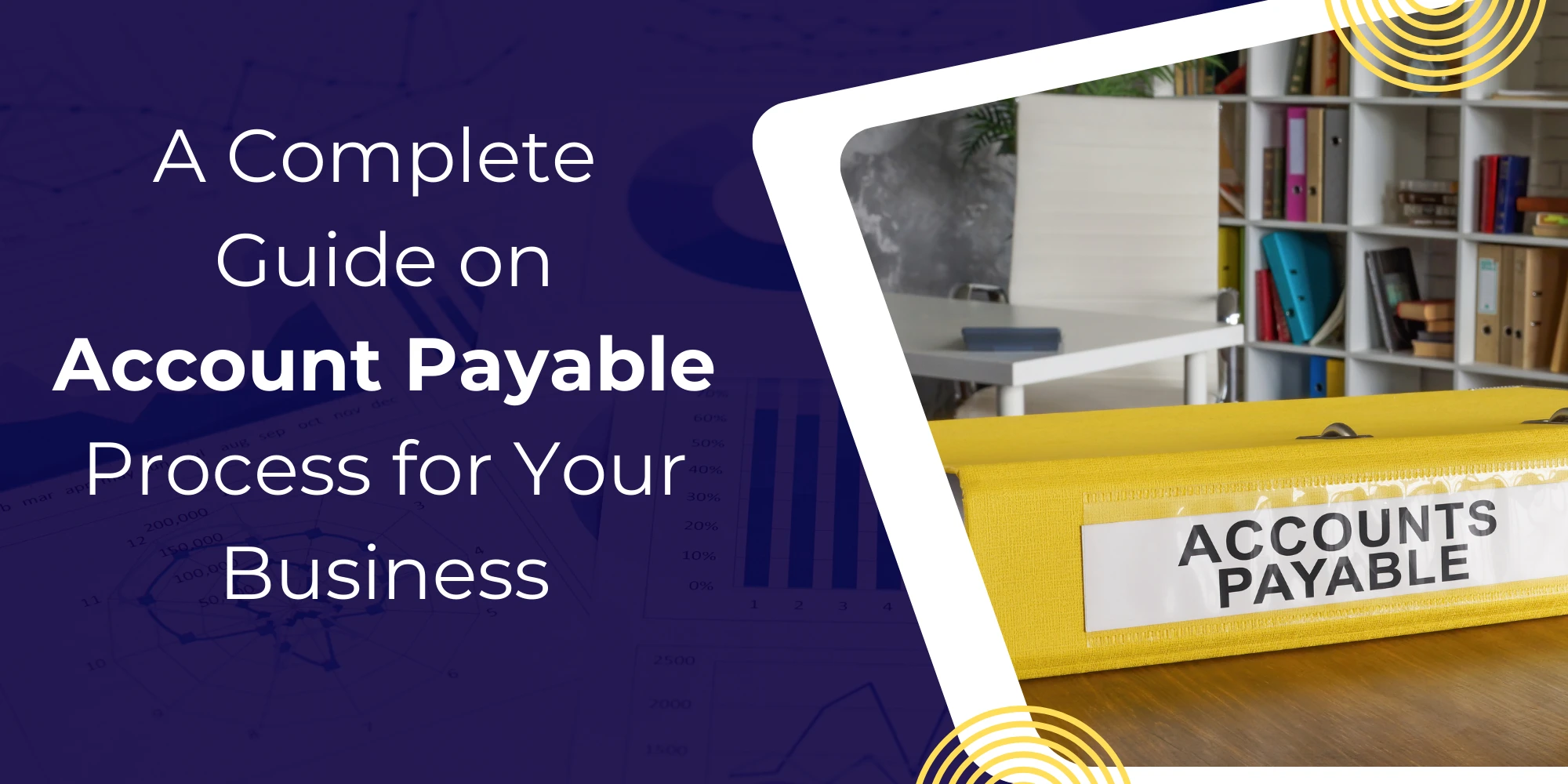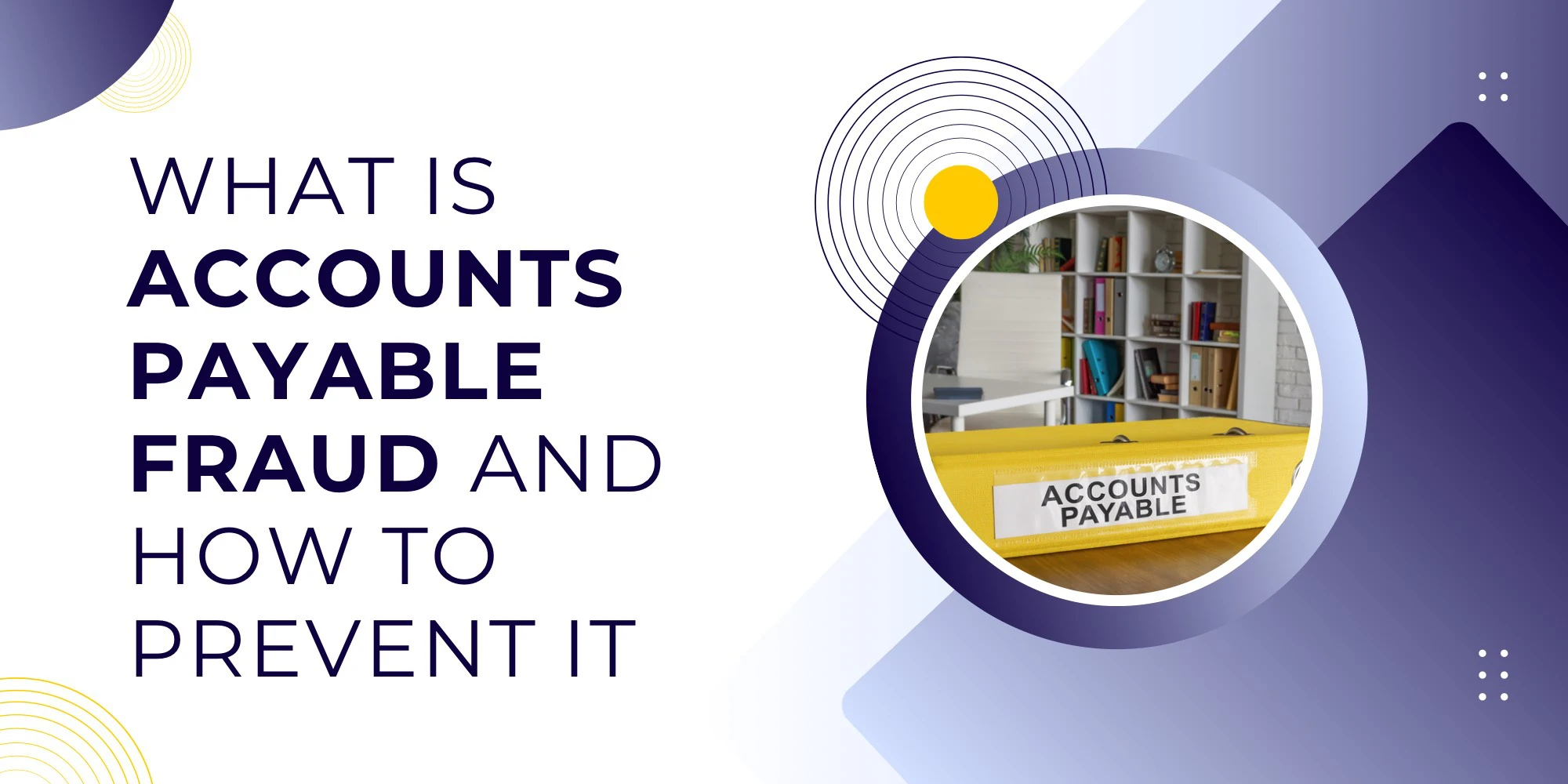Table of Contents
In today's digital age, taking your business online opens up a world of opportunities. While it may seem a lucrative option to attract more buyers, it also brings unique tax challenges that can be overwhelming even for seasoned entrepreneurs. As you venture into the online business world, understanding and managing your tax obligations becomes crucial for your success. The taxation landscape for online businesses has evolved significantly in recent years. Historically, tax obligations were primarily imposed on businesses with a physical presence. However, this left online business owners in a gray area until the law caught up with the digital economy.
In 2018, a landmark ruling granted states the power to impose tax obligations on online retailers, regardless of their physical presence. This decision applies to all transactions made within and outside the state where the e-commerce business operates. As a result, online retailers now must monitor and settle their taxes across multiple jurisdictions, each with its own set of regulations.
For example, the sales tax for online purchases can vary significantly from state to state. In California, it's 7.25%, while in New York, it's 4%. This disparity highlights the complexity of managing taxes for online businesses operating across state lines.
Understanding the Types of Taxes for Online Businesses
Income Tax
Income tax is levied on the profits generated by your online business. The amount and method of taxation depend on your business structure as explained below:
- Sole Proprietorships: Your business income is reported on your personal tax return. You'll pay tax on all profits at your individual income tax rate.
- Partnerships: The business itself doesn't pay taxes. Instead, profits are "passed through" to the partners, who report their share on their individual tax returns.
- Limited Liability Companies (LLCs): LLCs can choose to be taxed as sole proprietorships (for single-member LLCs) or partnerships (for multi-member LLCs). Alternatively, they can elect to be taxed as corporations.
- Corporations: C-Corporations pay corporate income tax on their profits. If dividends are distributed to shareholders, these are taxed again at the individual level (known as double taxation). S-Corporations, on the other hand, are pass-through entities like partnerships.
Regardless of structure, online businesses must file annual tax returns and may need to make estimated tax payments throughout the year.
Sales Tax
Sales tax is more complex for online businesses due to the concept of "nexus" and varying state laws. Sales tax nexus is a connection between a seller and a state that requires the seller to register, collect, and remit sales tax in that state. Historically, nexus was primarily based on physical presence. However, the 2018 South Dakota v. Wayfair, Inc. The Supreme Court decision changed this landscape dramatically. Post-Wayfair, states can require out-of-state sellers to collect and remit sales tax even if they don't have a physical presence in the state. This concept is known as "economic nexus." Here are different types of nexus you must know:
- Physical Nexus: Having a physical presence in a state, such as an office, warehouse, employees, or inventory.
- Economic Nexus: Reaching a certain threshold of sales or transactions in a state. For example, a state might require sales tax collection if you have $100,000 in sales or 200 transactions in that state in a year.
- Click-Through Nexus: Having affiliates in a state who send customers to your online store through links on their website.
- Marketplace Nexus: Selling through online marketplaces like Amazon or Etsy, which may create nexus in states where these platforms have a presence.
Navigating the Sales Tax Compliance
Once you've determined where you have nexus, here’s what you must do next:
- Register for a Sales Tax Permit: You must register in each state where you have nexus before collecting sales tax.
- Calculate the Correct Tax Rate: Sales tax rates can vary not just by state, but also by county, city, and even special taxing district. You'll need to charge the rate based on the customer's location in most states (known as destination-based sourcing).
- Collect Sales Tax: You'll need to add sales tax to your customers' orders when applicable.
- File and Remit: You must file sales tax returns and send the collected tax to the state(s) according to their prescribed schedules mentioned below.
- Filing Frequency:
Quarterly Returns: All businesses must file quarterly Sales Tax returns using Form ST-50. These are due on or before the 20th day of the month following the end of the quarter.
Monthly Payments: Businesses that collected more than $30,000 in Sales and Use Tax in the previous calendar year and more than $500 in the first and/or second month of the current quarter must make monthly payments using Form ST-51.
New Jersey Sales Tax Provisions for Online Businesses
As an online business owner in New Jersey, it's crucial to understand the state's specific sales tax requirements. Here are some key sales tax provisions to consider:
Sales Tax Rate: New Jersey imposes a statewide sales tax rate of 6.625%. This rate applies to most taxable goods and services sold online to New Jersey customers. It's important to note that unlike some other states, New Jersey does not have local sales taxes that would be added on top of the state rate, simplifying the calculation process for online sellers.
Economic Nexus Threshold: Following the South Dakota v. Wayfair decision, New Jersey adopted an economic nexus model. This means that out-of-state sellers may have to collect and remit sales tax even without a physical presence in the state. The threshold is set at either more than $100,000 in gross revenue from New Jersey sales or 200 or more separate transactions in the state in the current or previous calendar year. Once you meet either of these criteria, you're required to register, collect, and remit sales tax.
Marketplace Facilitator Law: New Jersey has enacted marketplace facilitator laws to address the growing prevalence of online marketplaces. Under these laws, large online platforms like Amazon, eBay, or Etsy are responsible for collecting and remitting sales tax on behalf of third-party sellers for sales made through their platforms. This provision aims to simplify compliance for small sellers while ensuring the state captures tax revenue from online sales.
Destination-Based Sales Tax: New Jersey follows a destination-based sales tax system. This means you must charge sales tax based on the location of your customer in New Jersey, not your business location. For online sellers, this typically means charging the state rate of 6.625% for all New Jersey customers, regardless of their specific location within the state.
Remote Seller Registration: If you meet the economic nexus threshold, you're required to register with the New Jersey Division of Taxation. You'll need to obtain a Certificate of Authority to collect sales tax. This process can be completed online through the state's Business Registration Application.
Exemptions: New Jersey offers several sales tax exemptions that online sellers should be aware of. Some key exemptions include:
- Clothing and footwear (with some exceptions for luxury items)
- Unprepared food for home consumption
- Prescription medications
- Certain digital products used for business purposes
Due Dates and Forms: Here's a clear and organized table summarizing the filing schedule for New Jersey Sales Tax:
|
Quarter |
Month |
Form to File |
Who Must File |
Due Date |
|
1st |
January |
ST-51* |
Those who collected more than $500 |
February 20 |
|
February |
ST-51* |
Those who collected more than $500 |
March 20 |
|
|
March |
ST-50 |
All Filers |
April 20 |
|
|
2nd |
April |
ST-51* |
Those who collected more than $500 |
May 20 |
|
May |
ST-51* |
Those who collected more than $500 |
June 20 |
|
|
June |
ST-50 |
All Filers |
July 20 |
|
|
3rd |
July |
ST-51* |
Those who collected more than $500 |
August 20 |
|
August |
ST-51* |
Those who collected more than $500 |
September 20 |
|
|
September |
ST-50 |
All Filers |
October 20 |
|
|
4th |
October |
ST-51* |
Those who collected more than $500 |
November 20 |
|
November |
ST-51* |
Those who collected more than $500 |
December 20 |
|
|
December |
ST-50 |
All Filers |
January 20 |
Important Notes:
- If the due date falls on a weekend or legal holiday, the return and payment are due on the following business day.
- You must file a return for each quarter even if no tax is due and/or no sales were made during the period.
- All Sales and Use Tax returns must be filed electronically, either online or by phone through the NJ Sales and Use Tax EZ File Systems.
- Payments must be made electronically via e-check, electronic funds transfer (EFT), or credit card.
Useful links:
- New Jersey Division of Business Taxation: https://www.nj.gov/treasury/taxation/businesses/index.shtml
- For electronic filing of sales tax returns: https://www.nj.gov/treasury/taxation/forms/efile.shtml
- New Jersey Business Registration Application https://business.nj.gov/pages/register-your-business
- New Jersey Sales Tax Forms and Publications page https://www.nj.gov/treasury/taxation/prntsale.shtml
- New Jersey Sales Tax Guide https://www.nj.gov/treasury/taxation/pdf/pubs/sales/su4.pdf
- New Jersey Tax Calendar https://www.nj.gov/treasury/taxation/njtaxcal.shtml
By familiarizing yourself with these New Jersey-specific provisions, you can ensure compliance and avoid potential penalties. Expert accounting firms in New Jersey can provide invaluable assistance in navigating these state-specific requirements alongside federal and other state obligations.
Manage Taxes with Expert Accounting Firms in New Jersey
Professional accountants in New Jersey can help you understand and navigate this complex tax terrain by helping you in the following domains:
Managing Income Tax Across State Lines- When your business operates online, you're likely to serve customers across state borders. This can complicate your income tax filing process. New Jersey accounting firms can analyze your business activities to determine your state tax liabilities and ensure compliance with different state tax laws. Expert CPAs can also help you optimize your tax strategy to minimize your overall tax burden. They understand the nuances of multi-state taxation and can guide you in structuring your business operations in the most tax-efficient manner.
Leveraging E-commerce Deductions- One advantage of operating an online business is the availability of unique tax deductions. Expert CPAs in New Jersey are well-versed in identifying and leveraging these deductions, which may include:
- Website development and maintenance costs
- Digital marketing expenses
- Shipping and fulfillment costs
- Cloud-based software subscriptions
By maximizing these deductions, you can significantly reduce your taxable income and keep more of your hard-earned money.
Implementing Efficient Bookkeeping Systems- Accurate financial records are crucial for any business, but they're especially important for online operations. New Jersey accounting firms can help you set up cloud-based accounting software that integrates seamlessly with your e-commerce platforms. This integration allows for real-time financial reporting, giving you a clear picture of your business's financial health at any given moment.
Navigating International Tax Issues- If your online business serves international customers, you'll face additional tax complexities. Expert accountants can guide you through foreign transaction reporting requirements, help manage currency conversion for tax purposes, and address potential double taxation issues. Their expertise can help ensure you remain compliant with both domestic and international tax laws.
Planning for Growth- As your online business expands, your tax situation will evolve. Accountants can provide ongoing tax planning advice, helping you structure your business for optimal tax efficiency as you grow. They can also assist with cash flow management and forecasting, ensuring that you're always prepared for your tax obligations.
Ensuring Compliance and Avoiding Audits- Perhaps one of the most valuable services expert accountants provide is ensuring compliance with all relevant tax regulations. They stay up-to-date with changing tax laws at the federal, state, and local levels, keeping your business compliant and reducing the risk of audits.
To Sum up
The digital marketplace has revolutionized how we do business, and with it, the way we approach taxes has evolved dramatically. But don't let these complexities deter you from pursuing your online business dreams. Think of your tax obligations not as hurdles, but as stepping stones to legitimacy and growth. By embracing these responsibilities, you are not just complying with the law – you are building a robust, scalable business model that can thrive in the digital age. You don't have to navigate this terrain alone. Expert accounting firms in New Jersey such as NSKT can be your trusted ally in this journey. NSKT can be your strategic partner who can help transform tax management from a daunting chore into a competitive advantage. With our guidance, you can optimize your tax strategy, minimize liabilities, and free up valuable resources to focus on what you do best – innovating and growing your online business.







